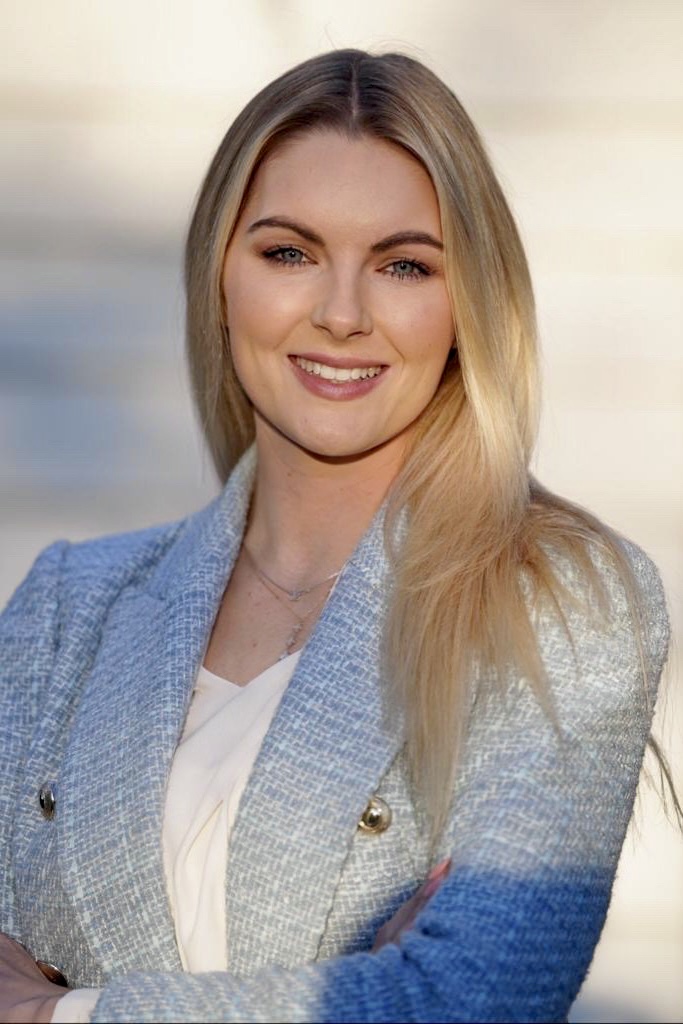
The Story of Sriracha: A Case Study in Legal Analytics and Litigation Funding
The following is a contributed piece by Nicole Clark, CEO and co-founder of Trellis. Trellis is pleased to offer LFJ members a complimentary 2 week free trial to its state trial court database. Click here to access it today.
Nobody knows exactly what happened. Each party has their own account of the events that unfolded. This, however, is what we do know. Jalapeno peppers were everywhere. Nestled within the rolling hills of Ventura County in Southern California, Underwood Ranches, a family farm operated by Craig Underwood, had been growing the fruit for the past three decades, serving as the sole supplier for Huy Fong Foods, the company responsible for sriracha. Business boomed. Both companies expanded. The world was their oyster.
Then, in 2016, the paradise they built crumbled. Huy Fong Foods filed a lawsuit against Underwood Ranches, accusing the farm of overcharging for growing costs. In response, Underwood Ranches countersued, claiming breach of contract and financial loss. After a three week trial, a jury for the Ventura County Superior Court found merit with both claims, awarding Huy Fong Foods $1.45 million and Underwood Ranches $23.3 million. Huy Fong Foods appealed the verdict, and, unable to claim its award, Underwood Ranches stood on the brink of financial collapse, left without the funds needed to pay its suppliers or its workers.
The Flames of Uncertainty
“The benefit you get from litigation is that litigation doesn’t fluctuate the same way that the markets do,” explains Christopher Bogart of Burford Capital. The financial service company had been called by the attorneys of Underwood Ranches to assist the farm, providing it with $4 million in non-recourse financing—enough to carry it through the appeal process. Still, according to Bogart, the comparative stability of litigation doesn’t eliminate the risks of financing a case like this. The risks, and the costs, can be big.
It’s easy to overlook the uncertainties embedded within the legal system. After all, this is a system that relies on precedents, a situation which suggests that the outcome of any future case should reflect that which came before. As Gail Gottehrer, an emerging technologies attorney based in New York City, remarks, “[i]f your case is similar and has similar facts to another case, the results shouldn’t be too surprising.” The problem, however, is that the results often are surprising. Judges aren’t computers. Neither are juries. They are people, filled with their own beliefs and their own experiences, both of which shape how they interpret laws, apply facts, and consider arguments.
Over the years, attorneys have developed their own rudimentary tools for grappling with this uncertainty. These rudimentary tools have now morphed into powerful machine learning technologies, packed with the ability to comb through millions of state trial court records in order to analyze court dockets, judicial rulings, and verdict data in ways that have rendered civil litigation more transparent and more predictable. But what does the story of sriracha mean for litigation funding teams? How can litigation finance companies use state trial court records to navigate uncertain legal terrains, not just for cases at the end of their lifecycle, but also for those that have only just begun?
Harvesting the Seeds
It could start with a ping. That’s just one way litigation funding companies can tap into new business opportunities. By registering for alerts with a legal analytics platform, litigation funding teams no longer need to source leads through collaborating attorneys. Alerts afford litigation funders with their own bird’s-eye view of the litigation landscape as it unfolds in real-time. These systems can notify users whenever a new case has been filed against a particular company, a new entry has been added to a case docket, or a new ruling has been issued on a legal claim.
To help manage the scale—and the urgency—of this reality, litigation funding teams can also turn to a different tool: the daily filings report. A daily filings report is a spreadsheet that contains detailed coverage of all new civil actions filed in a specific jurisdiction. Each report is emailed to subscribers every morning and includes all case data (i.e., judge, party, counsel, practice area) and metadata (i.e., case summary) as well as direct links to the docket and the complaint. With reliable access to daily filings reports, litigation funders can be the first to know about any new cases filed within a particular jurisdiction, pinpointing the most lucrative cases before anyone else.
Heat Indexing
What happens, then, when a litigation funding team finds a potential case? The daily filings report lets funders access the complaint within seconds, gathering all of the information they need to perform a Google-like search through the millions of state trial court records that have been curated by their preferred legal analytics provider. The goal? To quickly learn more about the litigation history of the parties that are named in the complaint (What other cases does Underwood Ranches have pending? What practice areas drain its budget? Who is its primary outside counsel?) and the law firm that has chosen to represent them (How experienced is Ferguson Case Orr Paterson with this jurisdiction, practice area, opposing counsel? Who are its typical clients? How were those cases resolved?).
The due diligence process deepens with a look at the merits of the case. Here, a litigation funding team can use legal analytics to follow the logics of conventional legal research. With access to a searchable database of prior decisional law, funders can conduct element-focused analyses of each asserted cause of action in the case, identifying the ways in which judges in the county have ruled on similar actions in the past. And, if a judge has already been assigned to the case, these funders can take their due diligence even further, turning their eyes to a judge analytics dashboard—an interactive interface developed by legal analytics platforms to highlight the patterns, the inclinations, and the past experiences of specific judicial officers.
Consider the dispute between Underwood Ranches and Huy Fong Foods, a case presided over by the Hon. Henry J. Walsh. According to Trellis, the average case length in Ventura County is 945 days. Knowing where Walsh sits in relation to this average, as well as the number of cases he has on deck, could help a litigation funder anticipate the likely pace of a case, a key piece of information to have when designing different investment portfolios. But what about juries? How might a jury respond to a breach of contract case in California? Legal analytics platforms like Trellis have also integrated verdict data into their systems, amending their archives of state trial court records to also include information related to case outcomes and settlement awards. A litigation funder conducting due diligence on Underwood Ranches could quickly pull a random sample of agricultural-related breach of contract claims in California, identifying the value range of verdict and settlement amounts (median: $5,650,798; average $9,331,712) and the frequency of plaintiff verdicts (62.5 percent). Litigation funders no longer need to wonder how much a case might be worth. The numbers are there.
The Spiciest Pepper
“There is idiosyncratic risk in the court system that can’t be anticipated,” begins Eva Shang, the co-founder of Legalist. It is widely known that predicting the outcome of litigation can be a risky business. Yet, there is something to be said about the magic of big numbers. Whenever we feed our computers the (meta)data of thousands of cases, deviations get smoothed out and patterns begin to emerge. By shifting our thinking away from stories about individual lawsuits, we can redirect our attention towards that which is frequent, recurrent, predictable. As a case study, the story of sriracha opens the door to a more predictable world, a world where the outcomes of litigation don’t have to fluctuate the way that markets do, not because the courtroom is inherently less uncertain than a stock exchange, but because the magic of big numbers finds increasingly novel ways to make it that way.
By Nicole Clark
CEO and co-founder of Trellis | Business litigation and labor and employment attorney
Trellis is an AI-powered legal research and analytics platform that gives state court litigators a competitive advantage by making trial court rulings searchable, and providing insights into the patterns and tendencies of your opposing counsel, and your state court judges.
Trellis is pleased to offer LFJ members a complimentary 2 week free trial to its state trial court database. Click here to access it today.




















